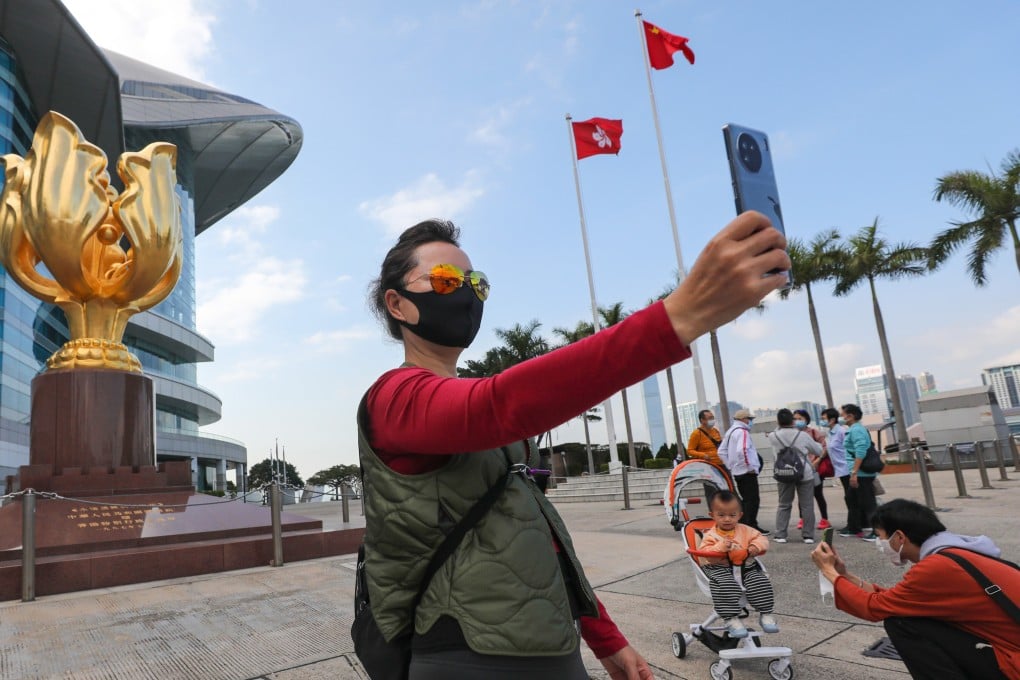Advertisement
Letters | Hongkongers should be welcoming, not lamenting, the arrival of mainland tourists
- Readers discuss the importance of visitors from the mainland to Hong Kong’s economy, the lack of trolleys at an Airport Express station, and the transformation of a major road into a pedestrian area in Macau
Reading Time:3 minutes
Why you can trust SCMP
7

Feel strongly about these letters, or any other aspects of the news? Share your views by emailing us your Letter to the Editor at [email protected] or filling in this Google form. Submissions should not exceed 400 words, and must include your full name and address, plus a phone number for verification.
Tourism is one of the best sources of income for an economy. Tourists enter the economy, inject millions into key sectors, and then leave. So long as tourists are respectful, abide by the law and do not cause property damage, there is practically no downside to having tourists.
However, the reopening of the border with the mainland has some Hongkongers bemoaning the prospect of mainland Chinese visitors cornering our resources and extending the queue for services. This attitude is not only discriminatory but also counterproductive in a struggling economy.
Advertisement
Mainland visitor numbers increased from 47.25 million in 2014 to 51 million in 2018. Encompassing over 70 per cent of tourist arrivals, mainland Chinese accounted for a large chunk of the roughly HK$250 billion (US$31.8 billion) spent by tourists in the city annually before the pandemic. The economic importance of mainland Chinese visitors is undeniable.
But this year, despite the hopes of businesses and lamentations of some residents, the tourism industry has not boomed quite as expected. While some have chalked this up to hesitation to travel so soon after the lifting of lockdowns, Hong Kong should be wary of decreasing tourist interest from mainland China in the long term.
Advertisement
Mainland Chinese interest in Hong Kong already suffered a drastic decrease in 2019. Before the Covid-19 pandemic, the anti-government protests, and reports of violence and discrimination against mainland Chinese in the city, left many reluctant to visit Hong Kong. In 2019 alone, tourism arrivals fell by 14 per cent with tourist spending dropping by 22.7 per cent.
Advertisement
Select Voice
Choose your listening speed
Get through articles 2x faster
1.25x
250 WPM
Slow
Average
Fast
1.25x